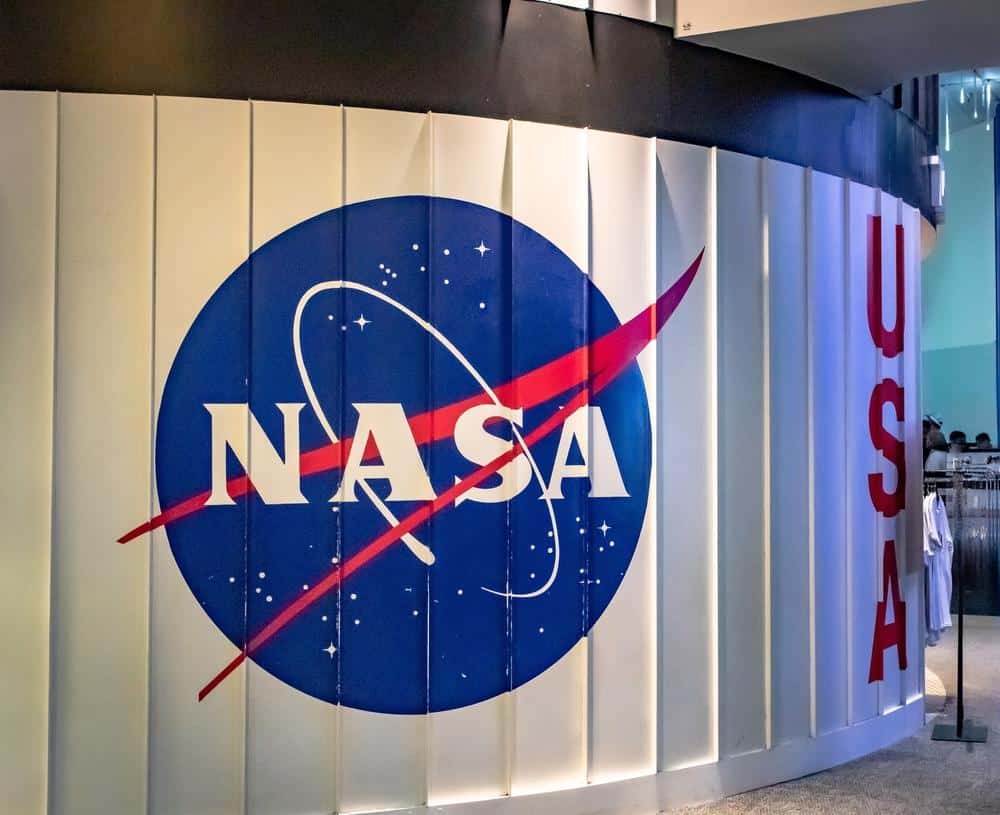In a world where preparedness is becoming increasingly vital, blue-green spirulina stands out as an exceptional survival food. With its impressive nutritional profile, long shelf life, and history of use by organizations like NASA and the U.S. military, spirulina offers a sustainable and versatile option for those looking to enhance their emergency food supplies or embrace life off-grid.
What Is Spirulina?
Spirulina is a cyanobacteria type that grows in fresh and saltwater environments. Known for its vibrant blue-green color and rich nutrient content, spirulina has been consumed for centuries, with evidence of its use by the Aztecs and other ancient cultures. Today, it is cultivated in controlled environments to produce a clean and consistent food source that can be consumed in powder, tablet, or flake form.
Nutritional Powerhouse for Survival
Spirulina’s nutritional density makes it an ideal survival food. It contains:
- Protein: Spirulina is about 60–70% protein by weight, offering all essential amino acids in a highly digestible form.
- Vitamins and Minerals: It is rich in B vitamins, iron, magnesium, potassium, and calcium.
- Essential Fatty Acids: Spirulina provides gamma-linolenic acid (GLA), a beneficial omega-6 fatty acid.
- Antioxidants: It contains compounds like phycocyanin and beta-carotene that combat oxidative stress.
- Iodine: As a natural source of iodine, spirulina supports thyroid function, which is crucial for maintaining energy and metabolism in survival situations.
This combination of nutrients makes spirulina a complete food source, capable of sustaining energy levels, supporting immune function, and promoting overall health, even in challenging conditions.
Spirulina in Space and Military Use
Spirulina’s reputation as a survival food isn’t just theoretical—it has been validated by organizations like NASA and the military.
- NASA’s Space Missions: Spirulina has been studied as a food source for astronauts due to its high nutritional value, lightweight nature, and ease of cultivation in controlled environments. Its ability to grow rapidly and with minimal resources makes it an excellent candidate for long-term space missions.
- Military Rations: Militaries worldwide have explored spirulina as a component of emergency rations for soldiers. Its compact form, high caloric density, and nutrient richness make it an ideal food for situations where traditional supplies may be scarce or impractical.
Spirulina for Off-Grid Living and Preppers

For those living off-grid or preparing for emergencies, spirulina offers several advantages:
- Ease of Cultivation: Spirulina can be grown at home using basic supplies such as water, sunlight, and a small amount of nutrient input. This makes it a renewable food source for those living in remote areas.
- Minimal Space Requirements: Unlike traditional crops, spirulina requires very little land or infrastructure to cultivate, making it suitable for urban preppers or those with limited space.
- Shelf Stability: Dried spirulina has a long shelf life, often lasting several years when stored in a cool, dry place. This makes it a reliable component of any emergency food stockpile.
- Versatility: Spirulina can be incorporated into a variety of dishes, from smoothies and soups to energy bars, making it adaptable to different dietary preferences and needs.
Sustainability in Survival
Spirulina’s low environmental impact further enhances its appeal as a survival food. It requires significantly less water, energy, and land to produce compared to conventional protein sources like meat or soy. In a survival situation, where resources may be scarce, spirulina’s efficiency could be a game-changer.
How to Incorporate Spirulina into a Survival Plan
To make the most of spirulina as a survival food:
- Stock Up on Dried Spirulina: Purchase high-quality spirulina powder or tablets from reputable suppliers.
- Learn to Cultivate: Consider setting up a small spirulina cultivation system at home to ensure a renewable supply.
- Experiment with Recipes: Familiarize yourself with ways to incorporate spirulina into your diet so you’ll know how to use it effectively in a survival situation.
A Superfood for Uncertain Times
Access to nutrient-dense, easy-to-store, and sustainable food sources is critical in emergencies. Spirulina’s proven track record with NASA, the military, and survival enthusiasts underscores its potential as a critical resource for those looking to prepare for the unexpected.
Whether planning for long-term self-reliance or simply building an emergency food kit, blue-green spirulina deserves a place on your list of essential supplies.










